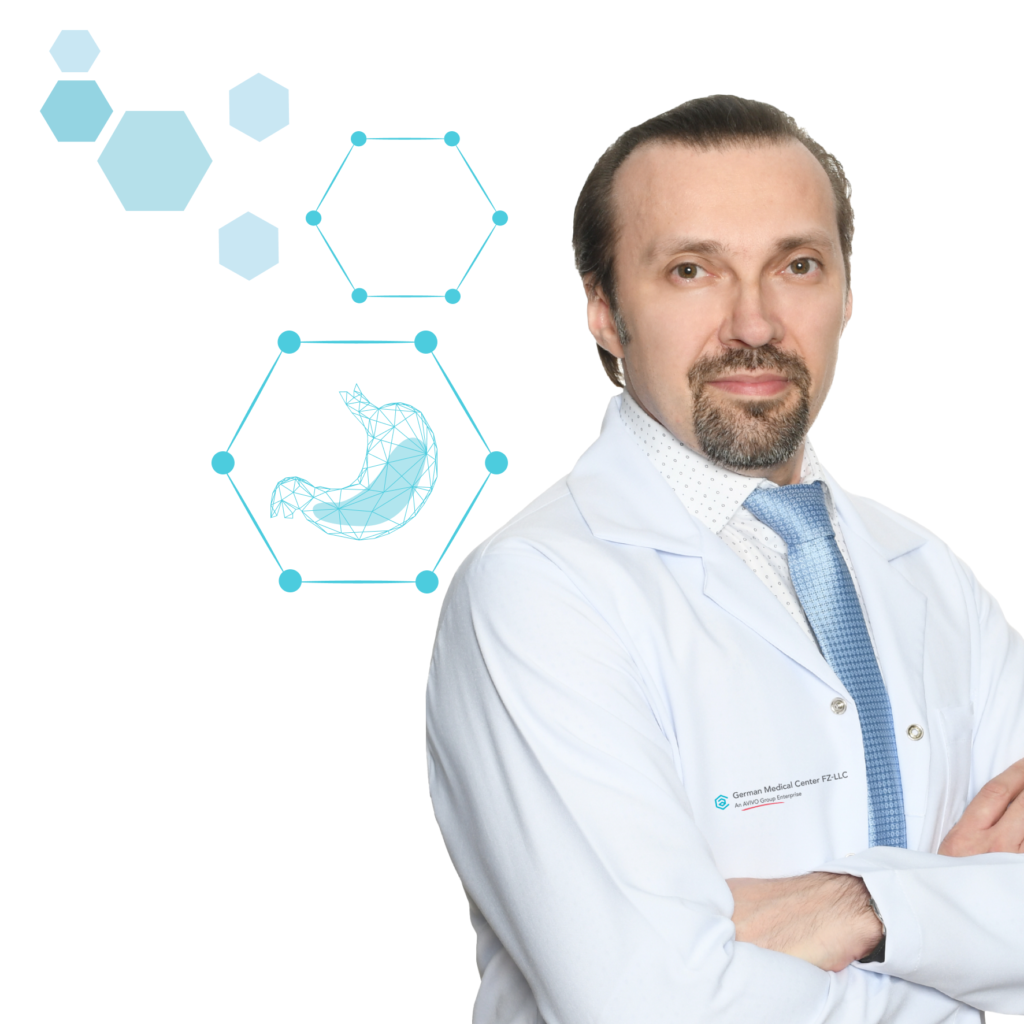
Dr. Sebastian Cuzincu
Gastroenterology and Internal Medicine
food poisoning can be a distressing condition that can leave you feeling miserable for days.
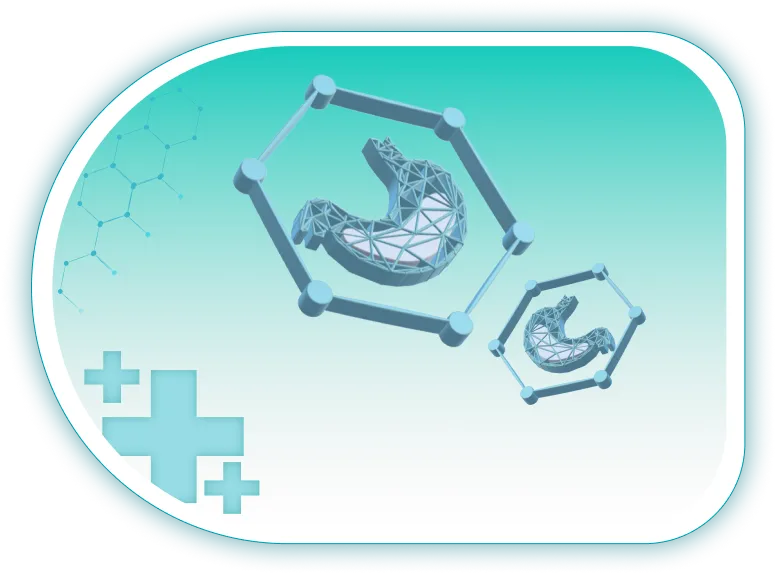
As enjoyable as dining out can be, there is always a risk of food poisoning. This condition is caused by consuming food or drink that is contaminated with harmful bacteria, viruses, or parasites. Symptoms can vary but commonly include vomiting, diarrhea, fever, and stomach cramps. In this article, we will discuss the various treatment options available for those suffering from food poisoning.
If you are experiencing vomiting from food poisoning, it is important to stay hydrated. Sipping on water, clear broth, or oral rehydration solutions can help replace lost fluids and electrolytes. However, it is recommended to avoid caffeine, alcohol, and dairy products, as these can make symptoms worse.
If you are experiencing symptoms of food poisoning in Dubai, it is important to seek medical attention as soon as possible. The German Medical Center in Dubai is a leading healthcare facility that offers expert care and treatment for a range of medical conditions, including food poisoning. Their team of experienced doctors and medical professionals can help diagnose your condition and provide the appropriate treatment.
In conclusion, food poisoning can be a distressing condition that can leave you feeling miserable for days. However, with the best treatment for food poisoning and care, you can recover quickly and return to your daily routine. If you are experiencing symptoms of food poisoning, remember to stay hydrated, consult with a medical professional, and seek treatment from a trusted healthcare provider like the German Medical Center in Dubai.
Our team of experts are passionate about providing only the best quality care and treatment to their patients.

Gastroenterology and Internal Medicine
Gastrointestinal Stromal Tumor of Stomach (GIST) is a rare type of cancer that affects the digestive system, particularly the...
Crohn's disease is a chronic inflammatory bowel disease that can cause a wide range of symptoms that can vary in severity and...
Diverticulitis is caused by the formation of small, bulging pouches (diverticula) in the lining of the colon....
Appendicitis is a medical condition where the appendix, a small finger-shaped organ attached to the large intestine, becomes...
Cirrhosis is a chronic liver disease that occurs when healthy liver tissue is replaced by scar tissue, leading to decreased liver...
If you or a loved one has been diagnosed with achalasia, it's important to know that there are effective treatment options...
The first step in treating diarrhea is to identify the underlying cause...
f you are experiencing constipation, it is important to seek medical treatment for constipation from a qualified healthcare...
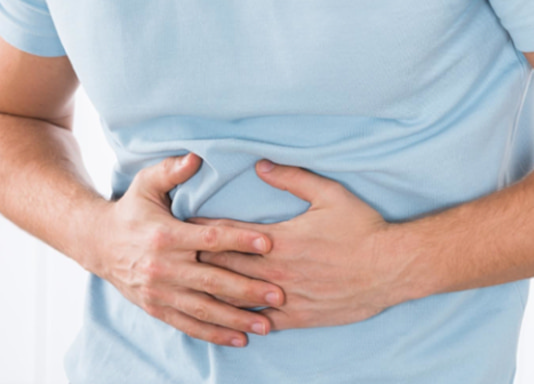
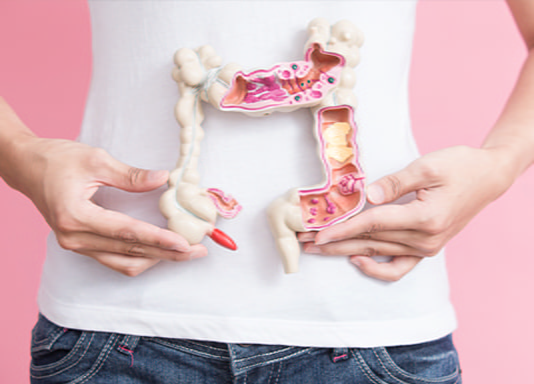
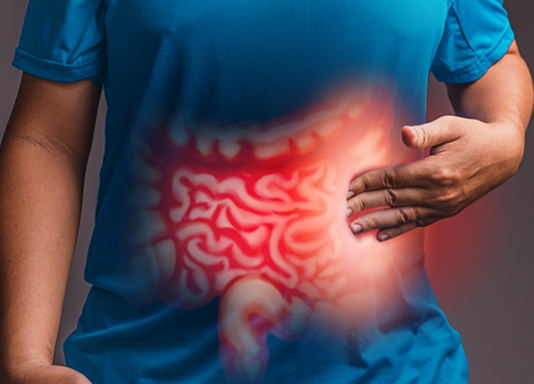
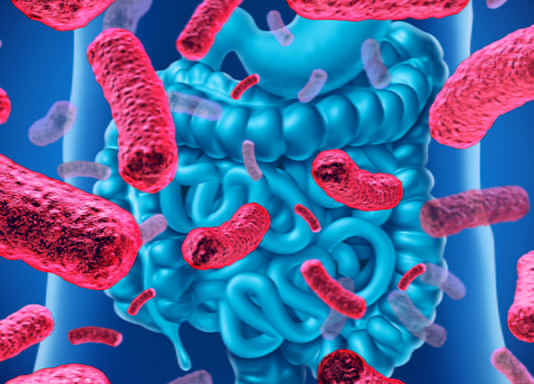

Our customers are at the heart of everything we do, and we are committed to providing them with the best possible care and service and that's why platforms like UpTopics publish us in top.


(4.5)
Based on 174 Google Reviews

Partner with:
Partner with:


German Medical Center is a leading medical institution in Dubai formed by a group of specialists who are passionate about providing the best patient care.
Fill out our easy online form to book an appointment with German Medical Center. Our team of experts is dedicated to providing you with personalized care and guidance every step of the way. Don't wait, take charge of your well-being and schedule your appointment now!